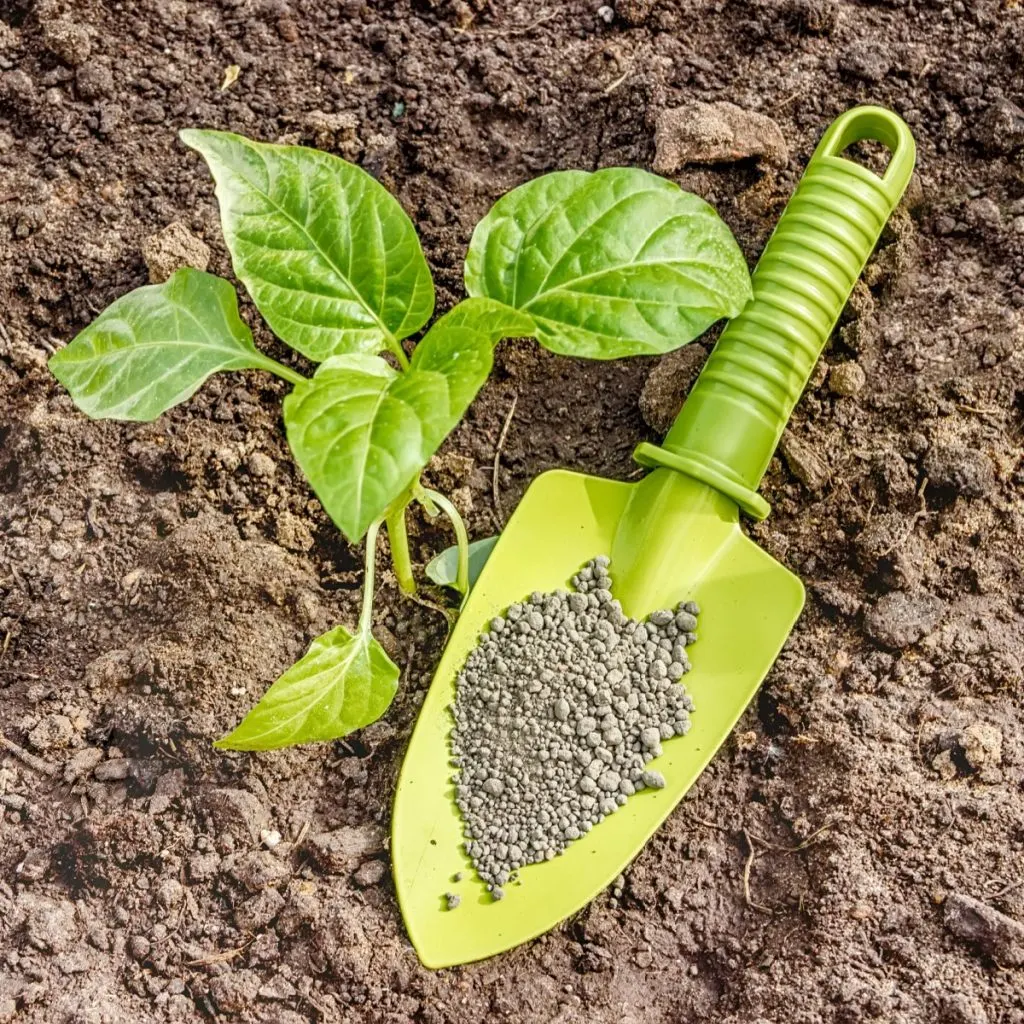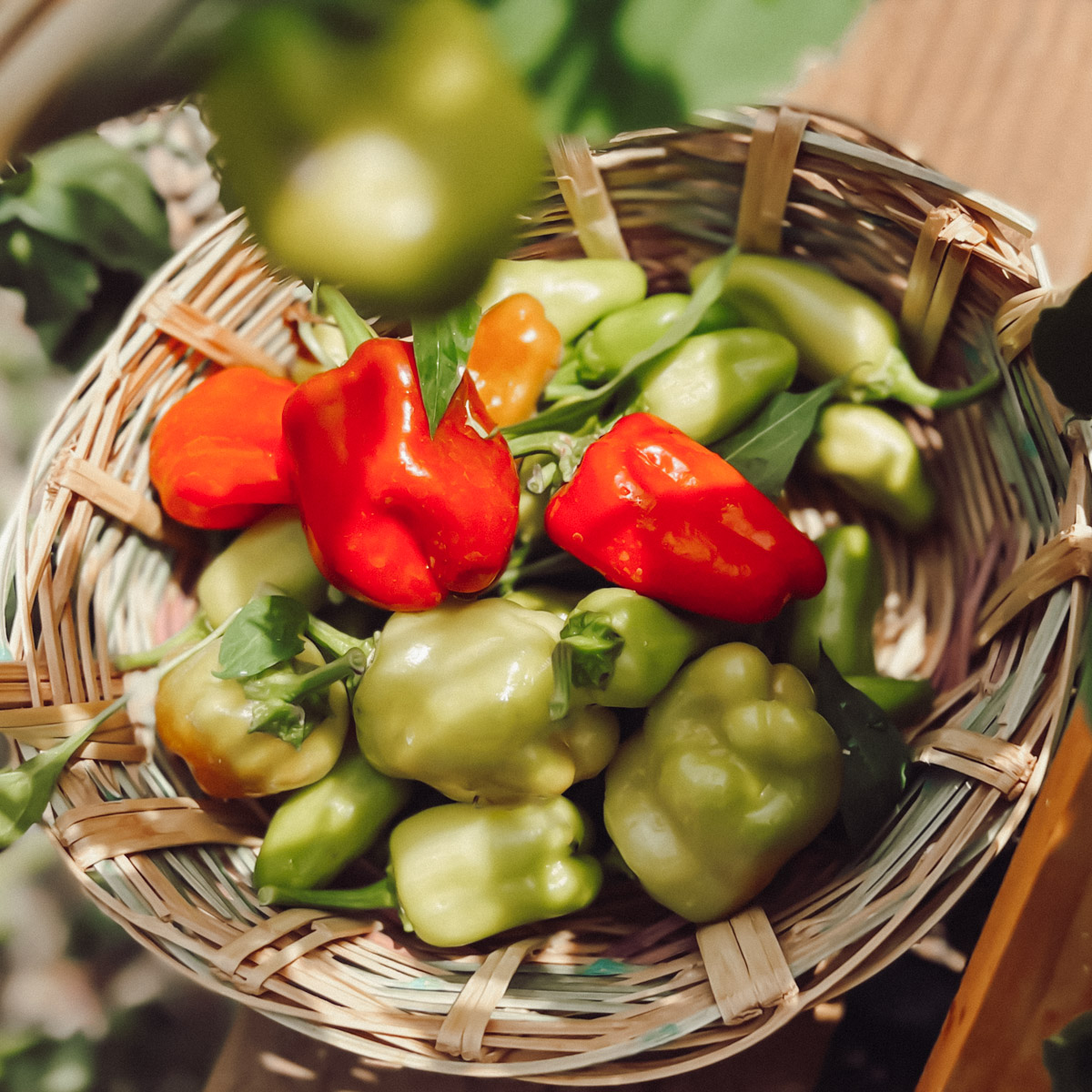Discover the Best Fertilizers for Peppers and Enhance Your Yard's Return
Discover the Best Fertilizers for Peppers and Enhance Your Yard's Return
Blog Article
Organic Vs. Synthetic Fertilizers: Which Is Best for Nurturing Healthy Pepper Plants?
In the world of supporting healthy pepper plants, the selection in between artificial and natural fertilizers stands as a critical choice with far-ranging ramifications. While both choices aim to supply vital nutrients to support plant development, the subtleties of their influence on the dirt, plant wellness, and the atmosphere spark a discussion that echoes throughout the gardening community. Understanding the distinctive advantages and potential challenges of each plant food type is critical for pepper farmers seeking to optimize their yields while keeping a sustainable and eco-conscious technique.
Benefits of Organic Plant Foods
Organic plant foods provide a sustainable and environmentally-friendly method to nourishing pepper plants, giving vital nutrients without using artificial chemicals. These natural plant foods are stemmed from natural sources such as garden compost, manure, bone meal, and algae, promoting dirt health and biodiversity. Unlike synthetic plant foods, organic alternatives release nutrients gradually, guaranteeing a well balanced and constant supply for pepper plants to thrive.
One substantial benefit of natural plant foods is their ability to enhance dirt structure and water retention. By improving dirt wellness, organic fertilizers advertise useful microbial task, which aids in nutrient uptake by pepper plants. Additionally, natural plant foods reduce the danger of chemical run-off, securing water resources from pollution and guarding the setting.
Additionally, organic plant foods add to long-term soil fertility by promoting the development of advantageous soil microorganisms. These microorganisms aid break down raw material, launching nutrients in a kind that is quickly available to pepper plants. best fertilizers for peppers. By cultivating a healthy and balanced soil community, natural plant foods sustain lasting pepper growing methods that profit both plants and the setting
Drawbacks of Synthetic Fertilizers
Synthetic fertilizers, in comparison to their natural equivalents, position various negative aspects when made use of to nourish pepper plants, influencing both plant health and wellness and environmental sustainability. One significant downside of synthetic fertilizers is their propensity to leach nutrients from the soil promptly.
In addition, the overuse of synthetic fertilizers can add to water contamination. Excess fertilizers not taken in by plants can get rid of right into water bodies, resulting in eutrophication, where algae blooms diminish oxygen levels in the water, damaging water life. Synthetic plant foods are generally acquired from non-renewable resources, such as fossil gas, contributing to carbon discharges and environmental deterioration throughout their production.
Nutrient Absorption Contrast
Effective nutrient absorption plays a crucial duty in the overall wellness and growth of pepper plants. When contrasting synthetic and natural fertilizers in regards to nutrient absorption, natural fertilizers have the benefit of providing a much more well balanced and slow-release source of nutrients (best fertilizers for peppers). Organic plant foods contain a variety of macro and trace elements that are not only valuable for the plants click for more but likewise advertise healthy soil microbial task, which assists in nutrient uptake. On the other hand, synthetic plant foods frequently supply a fast launch of nutrients, which can lead to leaching and overflow, causing lower nutrient absorption rates by the plants.
Additionally, natural plant foods boost dirt framework and water retention ability, permitting pepper plants to accessibility nutrients extra efficiently. This improved soil quality facilitates root advancement, enabling better nutrient absorption. Artificial plant foods, although originally boosting plant growth due to their high nutrient focus, might impede long-lasting nutrient absorption by degrading dirt health and wellness gradually.
Environmental Effect Considerations

On the other hand, artificial fertilizers, although often even more quickly offered and concentrated to plants, can have damaging effects on the setting if not used correctly (best fertilizers for peppers). Their manufacturing calls for high energy inputs, bring about greenhouse gas emissions and adding to climate modification. The overflow of excess artificial fertilizers can infect water sources, leading to eutrophication and damaging aquatic environments.
Ideal Fertilizer Practices for Peppers
To achieve hop over to here this, it is important to follow best fertilizer techniques customized to the details demands of pepper plants. One critical practice is to perform a dirt examination prior to using any type of fertilizers.
One more essential practice is to fertilize pepper plants at the best time. Generally, peppers gain from receiving plant food at growing and after that once again when they start to flower. Over-fertilizing can lead to nutrient inequalities and damage the plants, so it is crucial to comply with recommended application rates.
In addition, picking a well balanced fertilizer with an NPK ratio that suits pepper plants' requirements is basic. Organic fertilizers, such as compost or manure, can be superb selections as they release nutrients slowly and boost soil framework gradually. Nevertheless, synthetic fertilizers can give a fast nutrient boost when required. Eventually, combining natural and artificial fertilizers sensibly can aid nurture healthy and balanced pepper plants while lessening environmental influence.
Verdict

Organic fertilizers provide a lasting and environmentally-friendly method to beneficial pepper plants, giving important nutrients without the usage of artificial chemicals. Unlike synthetic fertilizers, natural alternatives release nutrients slowly, making sure a balanced and consistent supply for pepper plants to prosper.
Synthetic plant foods, in contrast to their natural counterparts, present various disadvantages when utilized to nurture pepper plants, influencing both plant health and ecological sustainability. When comparing natural and artificial fertilizers in terms of nutrient absorption, natural plant foods have the advantage of supplying an extra well balanced and slow-release resource of nutrients.Furthermore, organic fertilizers enhance dirt structure and water retention capacity, allowing pepper plants to access nutrients more efficiently.
Report this page